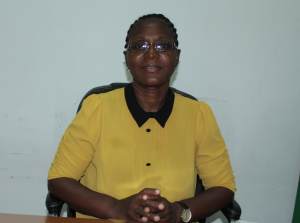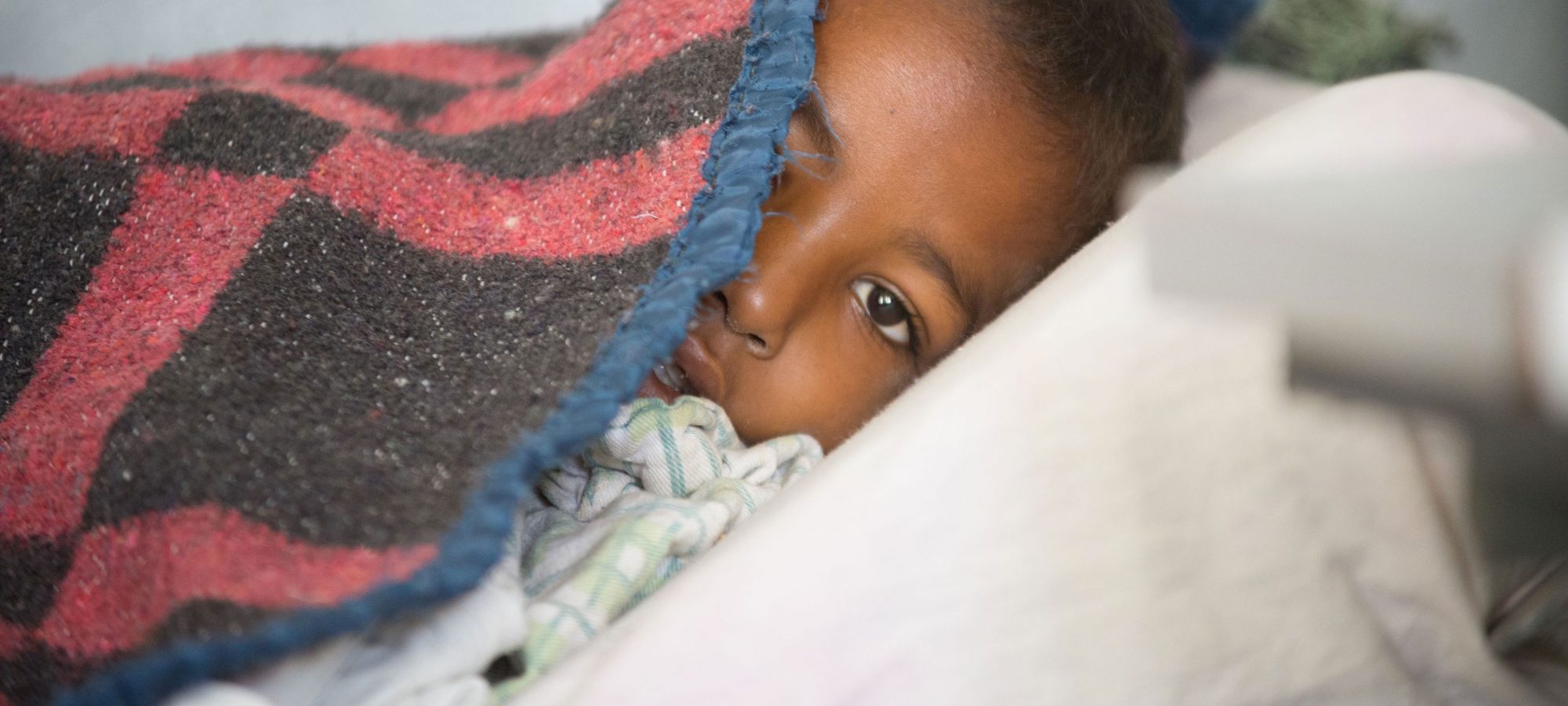Story collected by Dorca Nhaca and edited by Fernando Bambo in November 2017
Nacala-Porto, on the northern coast of Mozambique, is the deepest natural harbour on the east coast of Africa. It serves as a terminal for the rail link to landlocked Malawi. Many goods transit through this district on their way to Malawi and other parts of southern Africa. The town is also known for its beaches and diving; this may be the district’s best known feature. What is less well known is the strong leadership within the District Health Service where there is an exceptional team dedicated to defeating malaria and saving lives.
The Nacala-Porto District Health Services were among the pioneers in the implementation of the Malaria Prevention and Control Project in 2011. Malaria Consortium’s role, as one of the implementing partners for the project, was to support 17 districts of Nampula Province until 2017.
The main objective of the project was to contribute to the reduction of malaria through a combination of interventions aimed at improving malaria knowledge among the population and promoting the adoption of good practices in relation to malaria prevention and treatment at community level.
Successful implementation of this project required strong coordination between the district government and Malaria Consortium, health facilities and communities, as well as with schools and community radios. The excellent leadership of the Nacala-Porto District Health Services represented best practice in managing the partnership, including integrating the Project Field Officer into the district team, in line with the collaboration and coordination approach sought by the project implementers.
Janete Chau is the District Health Director at Nacala Porto. She is as charming and friendly as she is professionally demanding and rigorous, and she has embraced the project and managed to develop an effective partnership approach. It is for these qualities that she was awarded the title of ‘best district director of the province’ by the Nampula Provincial Health Directorate in October 2017.
“The Malaria Consortium Field Officer was actually working under our responsibility. He had to share his work plans and get involved in all the activities, and we had regular review meetings to look at the malaria situation here in the district. …My main role was to monitor and control project activities, see what was being done at district level, know where the activities were being done and what impact the project was having. ”

The District Health Services’ team and Malaria Consortium worked together to map out community structure such as community health committees and local organisations, select and train them, and implement communication interventions towards behaviour change at community level. According to Ms Chau, malaria prevention activities carried out by community volunteers have contributed to increasing knowledge about malaria, care seeking and reducing malaria deaths in the area.
“People have gained knowledge about malaria, they now know how to describe it. They realise that malaria comes from the mosquito and that they breed in stagnant water. They now know they should go to the health centre if they present any malaria signs and symptoms and this has helped us to reduce malaria deaths.”
These efforts to promote good malaria prevention and treatment practices at the population level have also been accompanied by improved diagnosis and treatment of malaria patients at the health facilities level, as Ms Chau explains. “As an institution, through this project we became more aware that malaria is a serious problem and that we must keep it under control. It must be discussed. Our clinicians are more aware that they should not simply attribute malaria based on symptoms, but that we need to test for confirmation of malaria.”
These efforts are already starting to pay off but need to be maintained to achieve long-term impact. Nacala Porto’s team remains committed and motivated: “Every health professional is psychologically prepared to continue doing everything the project was doing so that one day malaria will be out of Mozambique.”
This story is part of a broader project documentation exercise; to read more and other lessons learned, click here.
